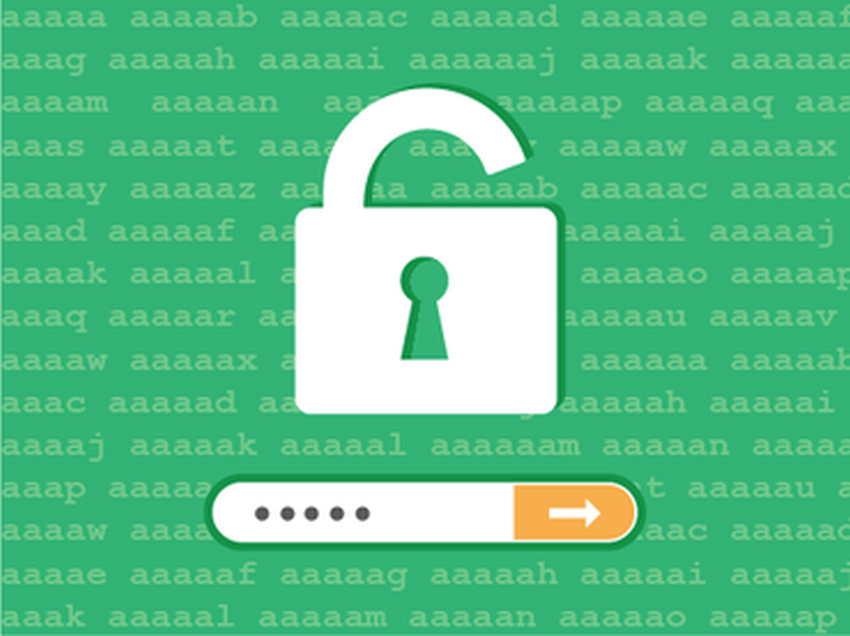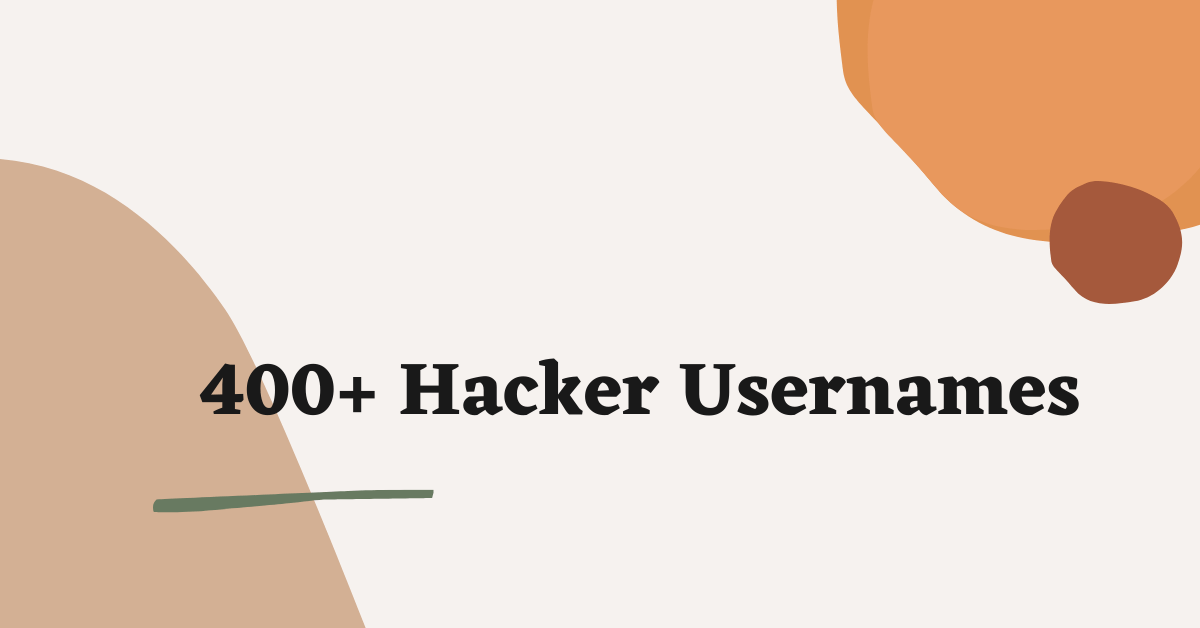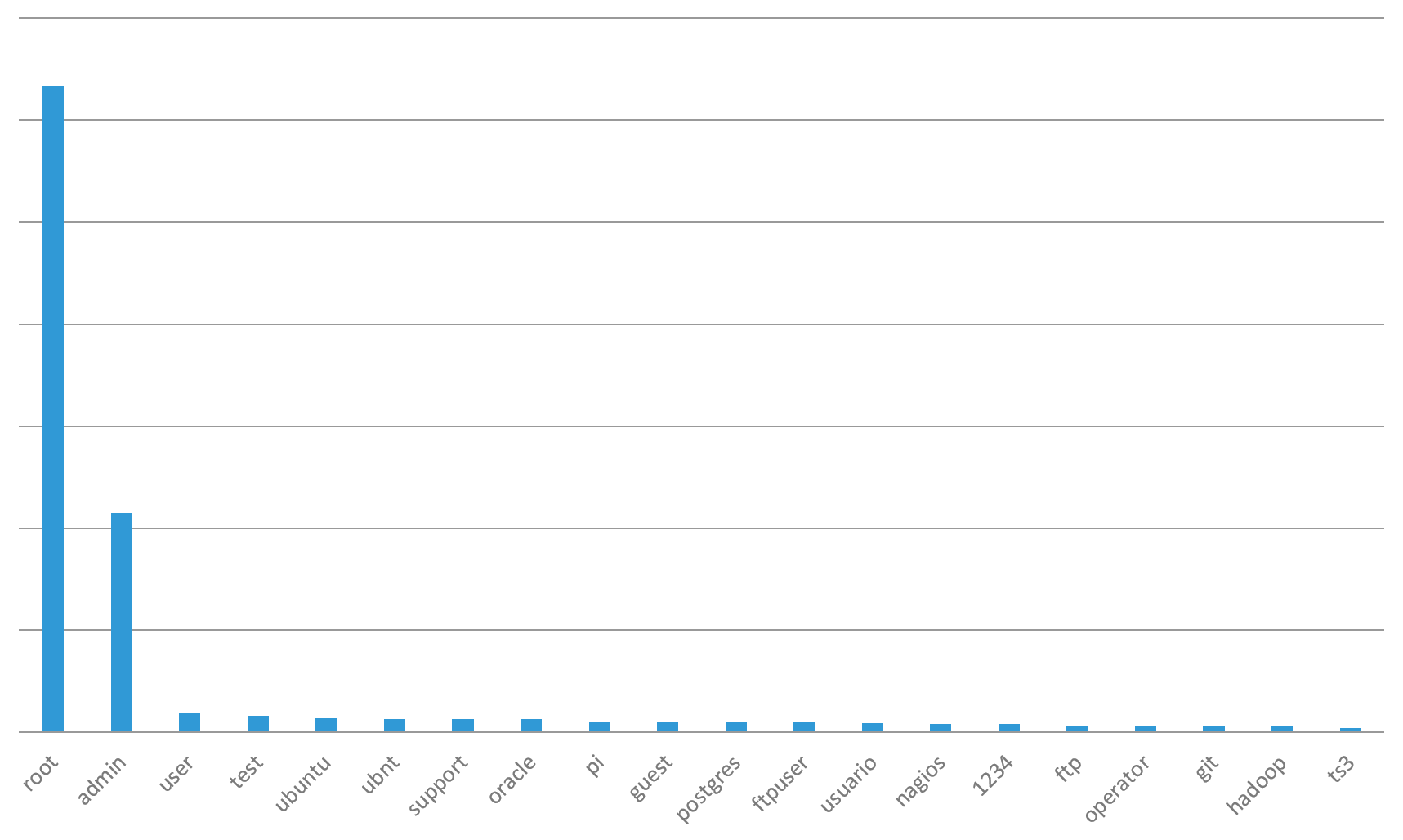

Now, it seems, someone has cobbled together those breached databases and many more into a gargantuan, unprecedented collection of 2.2 billion unique usernames and associated passwords and is freely distributing them on hacker forums and torrents, throwing out the private data of a significant fraction of humanity like last year's phone book.Įarlier this month, security researcher Troy Hunt identified the first tranche of that mega-dump, named Collection #1 by its anonymous creator, a patched-together set of breached databases Hunt said represented 773 million unique usernames and passwords.
#Hackers list of usernames and passwords password
Otherwise, just remember that password breaches are relatively common but also tend to get overblown in mainstream-media coverage.When hackers breached companies like Dropbox and LinkedIn in recent years-stealing 71 million and 117 million passwords, respectively-they at least had the decency to exploit those stolen credentials in secret, or sell them for thousands of dollars on the dark web. If your account has been compromised (or even if it hasn’t, and you want to be safe), change your Gmail password to something totally different, and consider adding two-step verification to your account. If you change your password on even a semi-regular basis (as Gmail recommends), cybercriminals most likely have no way to access your account or personal information.


Many of the passwords on the list are outdated, tweeted Peter Kruse of Danish security firm CSIS - some by as long as three years. This makes sense when you consider that Gmail has more than 500 million users and the password breach affects fewer than 1 percent of them.Įven if you’re one of the 5 million affected, you may not have to worry. 10), Australian security researcher Troy Hunt tweeted that he’d soon be adding the Gmail addresses to his own compromised-email checking website, which aggregates the results of large password dumps.īased on an informal poll of the Tom’s Guide New York office, not that many people seem to be affected by this data dump.


 0 kommentar(er)
0 kommentar(er)
